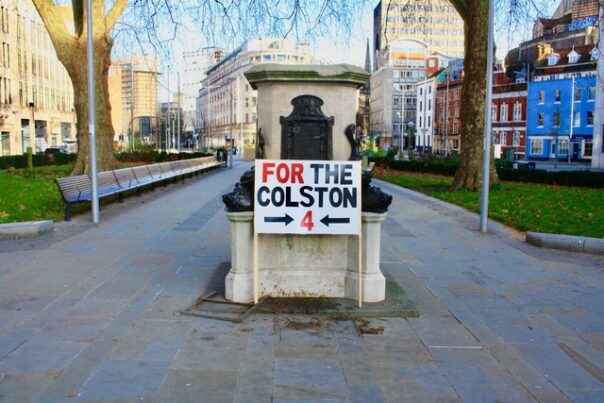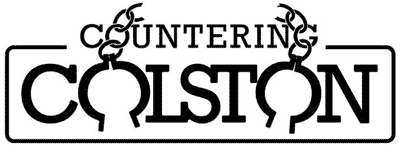
On 7th June 2020, hundreds of Black Lives Matter demonstrators pulled down the 125-year-old statue of slave trader Edward Colston, who had been put in a place of prominence in Bristol City Centre; sending shockwaves around the world. Commentators at the time thought that the act had happened in a vacuum, but the truth was that many knew that the statue was inappropriate, and that the authorities had failed them for the preceding century. The first to uncover the slavers true story was the Reverend Henry Wilkins, whose 1920 biography of Edward Colston revealed his leading role in the Royal African Company. Whistleblower Wilkins then suggested 70 other Bristol men and women who should have been remembered in his stead, but he wasn’t listened to, and instead he was pilloried from the pulpit for his pains. Over 100 years on and Bristol still fails to celebrate the work of its great women and men… All the while, the chief protagonists defending Colston’s memory were the Anglican Church and Bristol’s Society of Merchant Venturers [SMVs]; an unelected body of business people (‘merchants’), who since their Royal Charter of 1552 have operated a system of patronage behind the scenes of successive Bristol administrations.
As recently as 2014, the Bishop of Bristol was still in denial regarding Colston’s involvement in the slave trade. The following year, 2015, Countering Colston [CC] was formed after state school children were being made to attend events celebrating Colston’s life. This walk, by two leading members of Countering-Colston, uncovers the real history of the protests and the campaign, addressing the omissions in the Colston exhibition at M Shed and is a useful antidote to some of the half-truths being spun by Bristol’s political leaders.

Event details
Date: , 2024
Time: to
Location: Front of M Shed
Venue: M Shed, BS1 4RN
Price: Free/donation
With: Mark Steeds, Christine Townsend





Is it OK to bring a well behaved dog on this walk/talk?
Yes, should be no problem.